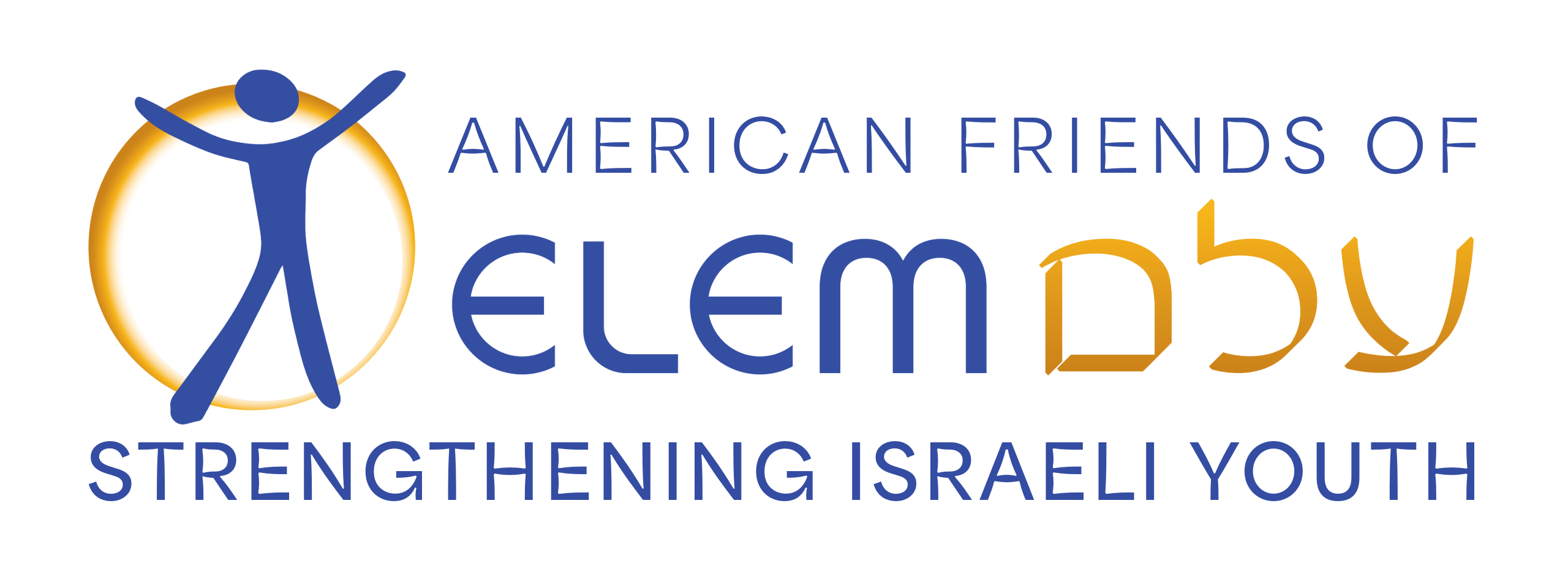Tzlil Shielder, Manager of ELEM’s Young Mothers At-Risk Program, shares her thoughts on poverty and social exclusion.
“My first close encounter with poverty and social exclusion was with A., the first young woman we accepted to the young mothers at risk program at ELEM.
A., a young woman who is the mother of two children, grew up and lives in the social margins of Israel.
She started working in whatever job she could find at the age of 14, so that her mother wouldn’t have to look for bread in bins to bring home.
While working with A. and other young women, it became clear that poverty is not only a lack of money and material things. It is not only the empty refrigerator and an apartment falling apart and a landlord who will do nothing to ensure basic living conditions, it’s not only the food baskets and a $72 prepaid card for monthly shopping.
Deep poverty is social exclusion, it’s marginalization, it’s violence, it’s limited possibilities and the inability to dream, it’s daily survival.
20 years after she saw her mother picking bread from bins and promised herself that it won’t happen again, A. is now 24 years old and is dealing with the consequences of poverty and exclusion, the lack of education, health difficulties, and raising her two children on her own.
Even though she joined a vocational training program and for the first time in three years she earns a living on her own, A. cannot keep up with her current expenses of rent and bills and is unable to meet her children’s education payments.
A subsidized daycare costs $58 a month, but A. cannot pay this amount and pay for her kids to be fed at the daycare, too.
I see A. and other young women in the program, her tremendous strength and the dream of raising her children differently – and on the other hand, the burnout caused by a life in poverty that is very difficult to navigate through.”
ELEM’s Young Mothers Program provides at-risk young mothers with personal mentors to help develop skills for independent living. This includes preparation for the job market, securing housing and maximizing their government benefits. The program also advocates for broad policy changes.




